Honours+ Supervisors
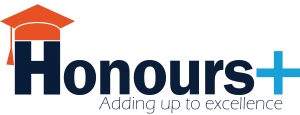
Dear Honours+ Supervisor,
Thank you for your interest in joining the Honours+ community this year.
Honours+ is the Common Core for all faculty honours programmes. In Honours+, 2nd-year bachelor students (1st year honours students) are challenged to work on an academic and interesting assignment (the so-called challenge) in groups of 4-6 students from different faculties.
Honours+ is organized by EDLAB, the Maastricht University Centre for Teaching & Learning.
Besides working on their interdisciplinary challenge, the students will partake in a series of workshops to work on their academic and professional skills.
If you would like to support and guide an interdisciplinary team of excellent Honours+ students during the tackling of their academic challenge? Please contact honoursplus@maastrichtuniversity.nl. Your participation is highly appreciated and we are looking forward to a successful Honours+ year together.
Warm regards,
The Honours+ Central Management Team
Honours+ Group Challenge & Role of Supervisor
Once entering the labour market, the majority of our graduates will have to work in an interdisciplinary context, whether it will be in academia or otherwise. Even more important, expectations are that your generation will be faced with unprecedented complex (global) challenges, such as energy use, health care, safety and security and climate change. Challenges that require an interdisciplinary approach and the involvement of multiple parties in order to be solved or at least dealt with. These complex issues are typified by conflicting values, mounting political pressure, and major economic interests.
In Honours+, we aim at offering our students a first learning experience to approach/tackle such (global) challenges in an interdisciplinary setting, under the professional guidance by staff members from Maastricht University, the so-called Supervisor.
The challenges you and the students will be working on are based upon and linked to the Dutch National Research Agenda, and the UN 2030 Agenda for Sustainable Development and therefore also in line with UM’s core strategic programme.
An overview of the available challenges can be found on our website, and we can assign 2-3 teams/Supervisors per challenge (multiple teams will be working on the same topic).
A true Honours+ challenge:
- Is a challenging, academic and current case, issue or problem, with societal relevance;
- Is linked to UN’s SDG’s and the Dutch National Research Agenda;
- Pushes students outside their comfort zone;
- Calls for an innovative solution, exploration or approach;
- Allows and facilitates an interdisciplinary approach, with an equal input of the involved disciplines;
- Requires a time investment of 125 hours per student;
- Can be approached along the lines of the scientific method;
- Either calls for a solution (applied research), or aims to advance knowledge on the phenomenon (theoretical research).
- Because of the interdisciplinary character of Honours+, the main role of the Supervisor is to monitor an equal input from and interaction between the various disciplines and guarantee sufficient challenge and academic depth.
- The Supervisor doesn’t necessarily have knowledge to a detailed level on all disciplines, but needs to stimulate the students themselves to create links between the various disciplines in the team.
- The Supervisor is not the source of required knowledge, but a broker of knowledge throughout the execution of the challenge.
- Furthermore, throughout Honours+, the Supervisor will support the team in planning, developing, and completing the challenge. The Supervisor does not take over the role of the team leader. The students will be instructed to appoint a team leader in their team. However, the Supervisors is asked to intervene when the team doesn’t display enough initiative and stimulates the students to handle pro-actively.
- The Supervisor takes the role of steering and guiding the group and provide for a safe learning environment, and is sensitive towards team dynamics.
- The Supervisor also initiates and chairs the team’s kick-off meeting and midterm feedback session.
- The Supervisor is in close contact with the Honours+ Central Management Team, in order to assure monitoring of the overall programme process and team development.
The main concern of the Honours+ Supervisor should be the student’s learning experience.
More detailed information about the role of the Supervisor will be included in the digital course manual for Supervisors, and free training on team dynamics will be provided.
By working on the challenge during the Honours+ programme, following the scientific method, students will get a grasp on the interdisciplinary collaboration, together with all the opportunities and challenges it provides. This learning process is vital, and the results of it are to be put in an academic report.
Furthermore, Honours+ requests each student team to translate their findings into a presentation and poster during the Closing Event.
These formats aim at teaching students how to present results to non-expert audiences and peers. This process of transfer of knowledge begotten during the Honours+ programme, and using it to make an impact and impression, is something we wish our Honours+ students to gain further experience in.
Additionally, since multiple teams will be working on the same challenge topic, it means that teams will be able to compare each other’s progress throughout Honours+, are able to exchange knowledge and experience on the topics during the events and will be competing for the most value adding findings during the Closing Event, thus creating a system of peer support.
Honours+ defines general guidelines for the outcome of the team challenge. The further refinement of the style of the academic report needs to be defined in close interaction between Supervisor and students. Honours+ requires the following outcome (1-3):
Outcome:
- Academic report, that displays an interdisciplinary understanding of the researched subject, reflecting all involved disciplines and clearly shows what the added-value was of every discipline involved in tackling the challenge;
- Based on the outcome of the scientific exploration of the team challenge, each team presents their outcome during a 5-minute pitch during the Closing Event;
- Based on the outcome of the scientific exploration of the team challenge, each team visualizes their outcome in an A0 poster, to be exhibited during the Closing Event.
For supervising the team of students the Supervisor will receive 30 hours. The standard compensation fee is € 75 per hour. The financial administrator of EDLAB will contact your department’s controller to accommodate the transfer of the compensation to the right UM budget numbers at the end of Honours+, following the faculty regulations in this.
We require an honours mentality of our students, and needless to say, we ask the Supervisors to display exemplary behavior. Meaning that you partake in the training programme, supervise the students to your best knowledge and communicate regularly with the H+ Central Management Team.
Because of the supporting role of the Supervisor and the safe learning environment they provide within Honours+, we require the Supervisor:
- To be physically present in Maastricht during November-May to regularly attend team meetings and be available for questions the students might have. We also recommend Supervisors to be on occasions available during some evenings, to help facilitating team meetings.
- To help getting the team off to a good start, we require all Supervisors to be present as well during the Honours+ Kick-off on November 1st 18.00-22.00 hrs.
- To help teams staying on track and propel them forwards, we ask all Supervisors to be present as well during the Honours+ Midterm Expert Discussions Evenings either on 06.03.2024 or 07.03.2024. Supervisors are requested to be present to exchange experiences with other Supervisors as an intervision session, and to help teams with questions.
- To support Supervisors in guiding the team and their learning process, we have organized a training programme, which consist of multiple workshops and an intervision session. Having attended all trainings, a Supervisor will be granted an official by UM’s rector approved certificate. The trainings may also count towards a Supervisor’s CPD.
H+ Supervisor Training Programme
Every year, Honours+ organizes a special training programme for Supervisors (together with other staff working with the EDLAB honours students), aimed at providing everyone with the knowledge and tools required for supporting our students the best way possible.
We would like to point out that we highly appreciate everyone’s attendance at these events since it assures a high level of supervision during the Honours+ programme. Next to that, these events also bring Supervisors together to share thoughts and experiences.
We will award an official Honours+ certificate, signed by UM’s rector to all H+ Supervisors that have attended at least 3 trainings. Besides that, these trainings may count towards a Supervisor’s CPD, depending on their personal development goals, in discussion with their supervisor or manager.
Handbook & Documents
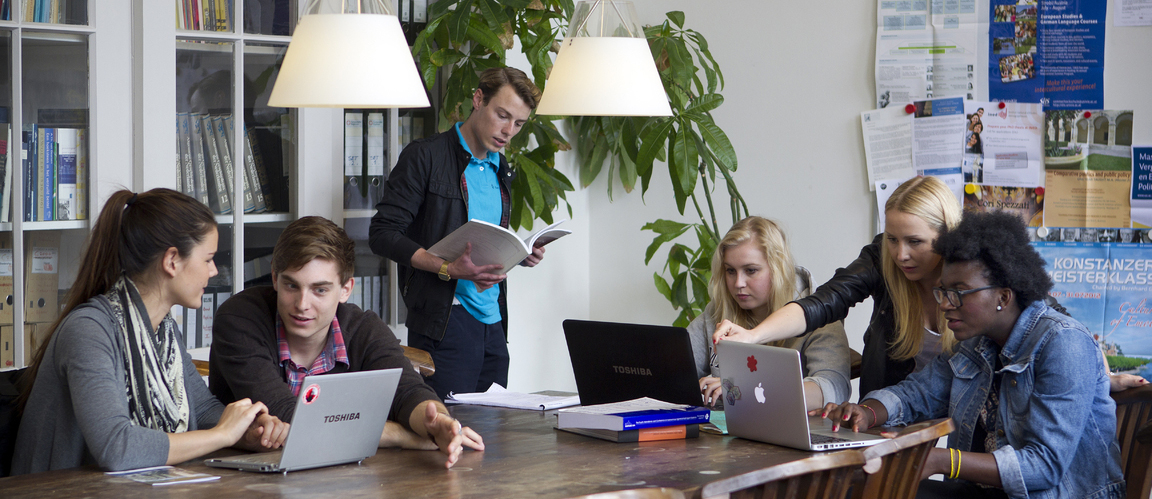
Questions for Central Management?
Are you interested in being an Honours+ Supervisor?
Please contact us through honoursplus@maastrichtuniversity.nl, if you are interested in being a Supervisor.

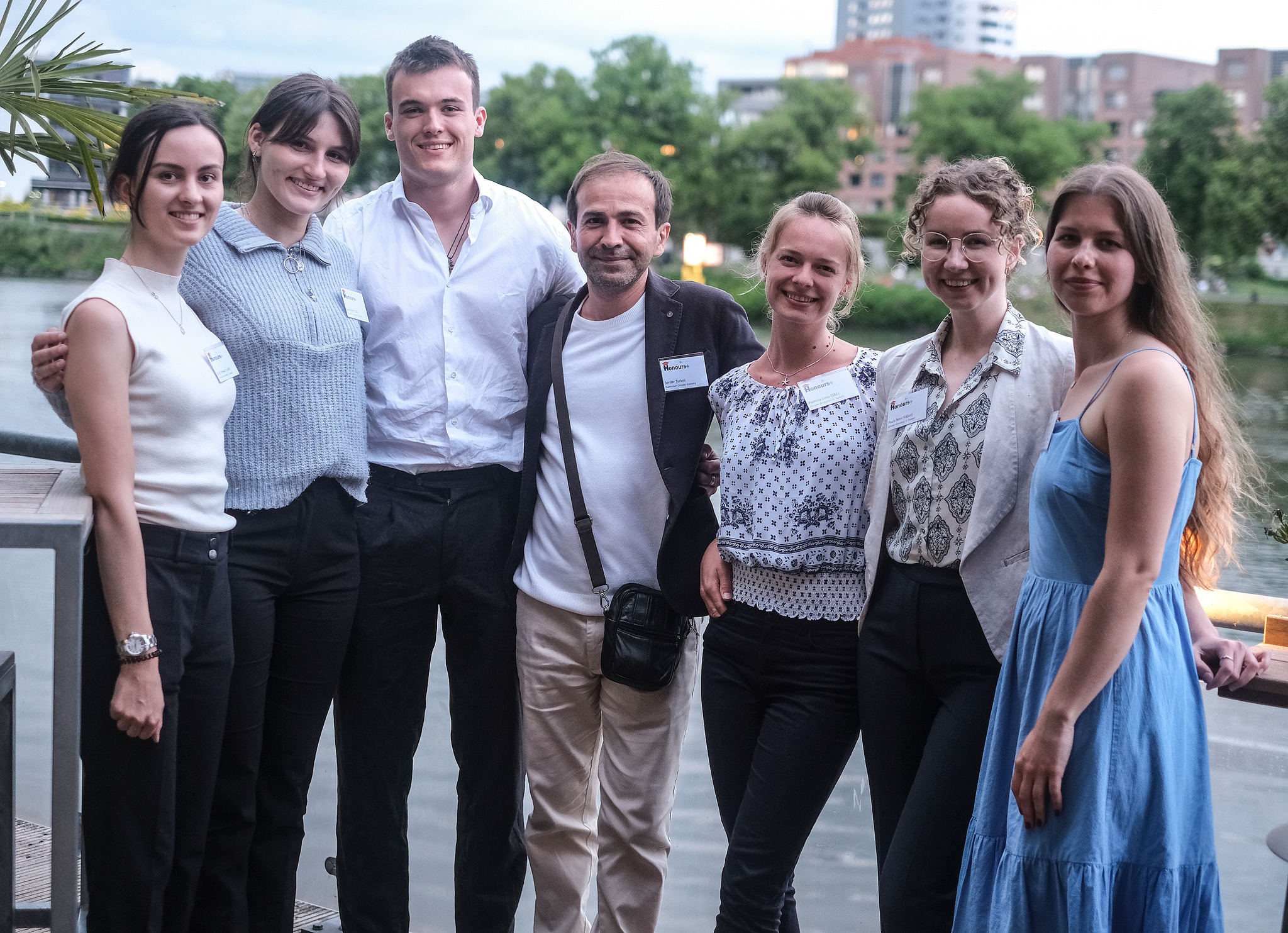

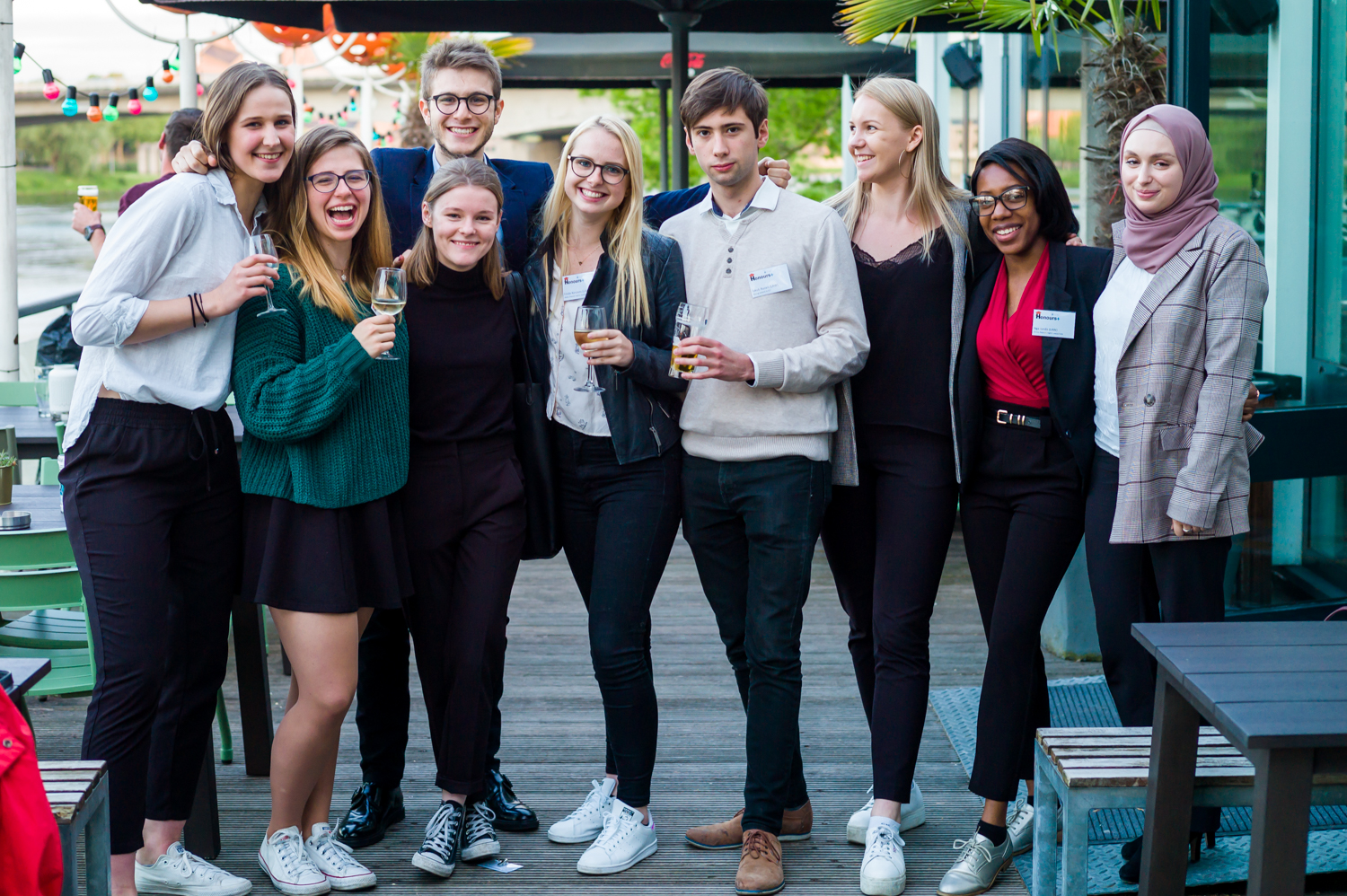
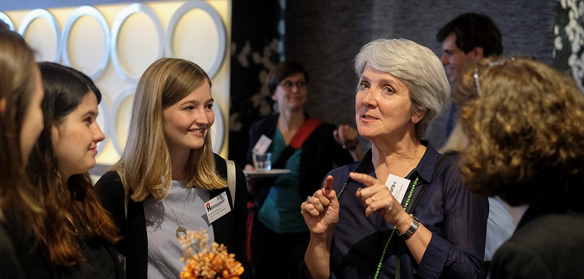
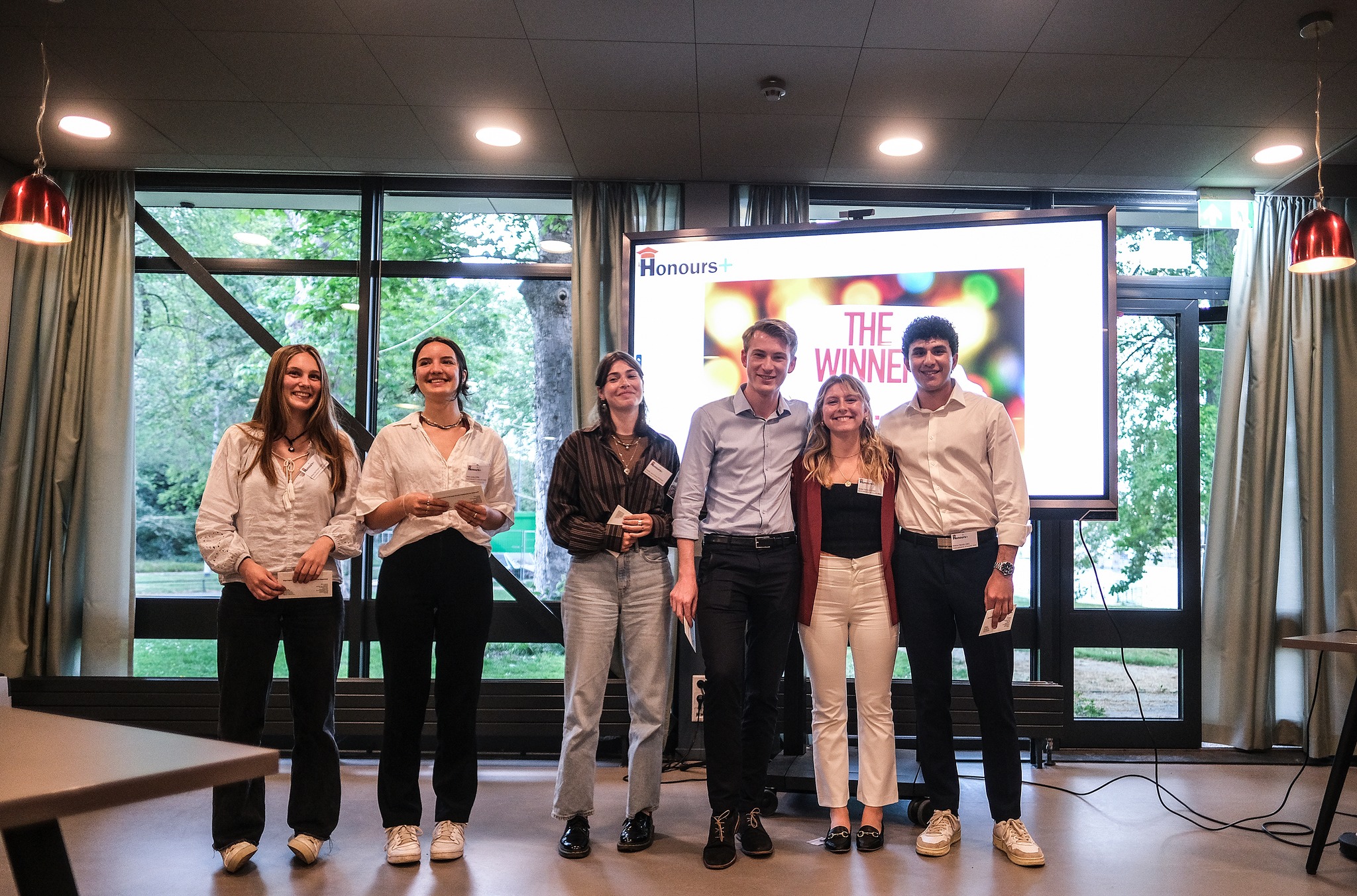






"Students and the pressure of social media", by Adina Petre (Insights)
Thursday 10.04.2025, 15:00-17:00 hrs.
For years now the presence of Social Media in our lives has been more and more prevalent, impacting the way we live, interact with one another and conduct our teaching activities. The effects are mostly seen in the lives of our students who are almost in their entirety born in the digital era and are what we call “digital natives”. But what type of impact does this part-time living have on their development, and how can we, as teaching staff better understand them? In this workshop, Clinical Psychologist Adina Petre who has been working with students in her practice for the past 14 years, will shed some light on this topic. With her help, you will gain a better understanding of the issues our students face, and how you are also affected. You will also learn ways in which you can manage the presence of social media in your life, and further deal with and support the students who are impacted by it.
When: Thursday 10.04.2025, 15:00-17:00 hrs.
Where: EDLAB, Tapijn building X